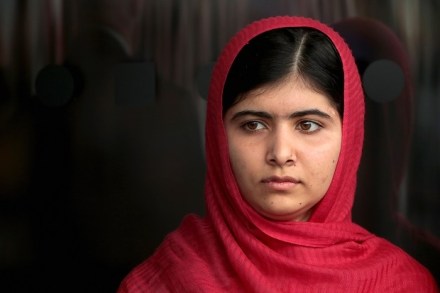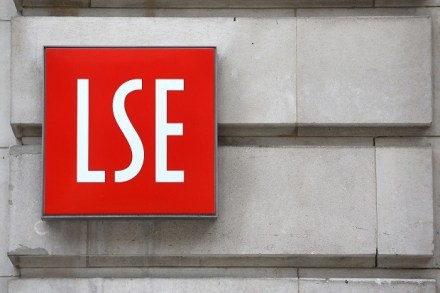Malala – the girl who hates Britain
Before a mob turns up at my house and someone starts dragging up that unfortunate picture of my grandfather with Hitler, the headline is a joke, but I do wonder if the media has given a rather misleading idea of Malala Yousafzai. For example, the Pakistani International Marxist Tendency claim that the schoolgirl sent a message to their 32nd congress stating: ‘I am convinced Socialism is the only answer and I urge all comrades to take this struggle to a victorious conclusion. Only this will free us from the chains of bigotry and exploitation.’ That’s according to their site, and although I can’t find that verified in the media here,



















